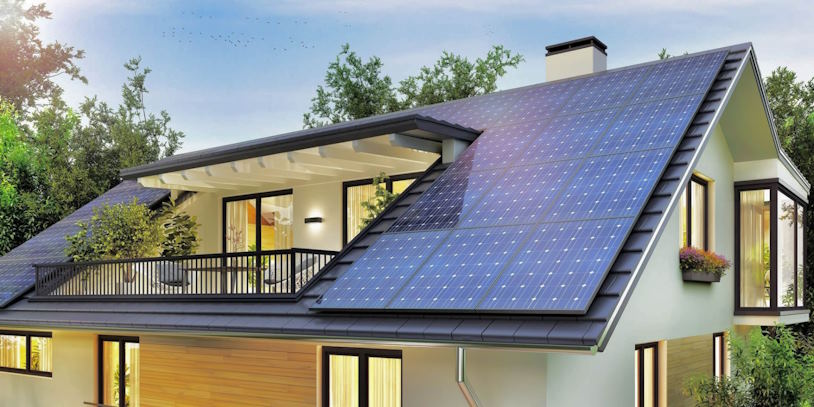Energy conservation is a critical aspect of sustainable living, and it plays a significant role in reducing our environmental footprint and ensuring a greener future. As European households strive to embrace more eco-friendly practices, implementing energy-saving measures becomes paramount. By adopting simple yet effective strategies, individuals and families can significantly reduce their energy consumption, lower utility bills, and contribute to a more sustainable Europe.
Is it difficult to save energy in a household?
Saving energy in households is not difficult. With small changes in habits and the availability of energy-saving technologies, reducing energy consumption is easy. Implementing some simple tips can make a big impact. Cost savings, positive environmental effects, and easy-to-implement strategies make energy conservation achievable and beneficial for every household.
How can people save energy in households?
Optimize Lighting
Use energy-efficient LED or CFL bulbs instead of traditional incandescent bulbs. LED bulbs consume up to 80% less energy and last significantly longer.
Remember to turn off lights when leaving a room, even for a short period. The good idea is to automatically install motion sensors or timers to control lighting in areas with less frequent use.

Manage Heating and Cooling
Set your thermostats to energy-saving temperatures. Lowering the temperature by just 1°C can result in noticeable energy savings. Use a programmable thermostat to adjust temperatures based on your schedule.
Don’t forget to properly insulate your home to prevent heat loss during colder months and heat gain during warmer months. Insulate walls, floors, roofs, and attics to reduce the need for excessive heating or cooling.
Use ceiling fans to circulate air during summer, allowing you to set your air conditioner at a higher temperature. In winter, reverse the fan’s direction to push warm air down from the ceiling.
Choose Energy-Efficient Appliances
Look for appliances with high energy efficiency ratings when purchasing new ones. Energy-efficient models consume less energy while providing the same or better performance. Consider upgrading to ENERGY STAR-certified appliances which meet strict energy efficiency standards.
Remember to use appliances efficiently. Run full loads in your dishwasher and washing machine, and use cold water whenever possible. Avoid using the dryer excessively by air-drying clothes or using a clothesline.
Practice Energy-Conscious Habits
Turn off lights, electronics, and appliances when not used. Even on standby mode, many devices continue to draw power. So, unplug chargers and power adapters when not actively charging.
Use Energy-Saving Settings
Adjust power settings on your computers, laptops, and other devices to enter sleep or hibernate mode when idle for a certain period. Enable power-saving features on televisions and game consoles as well.
Enable the power management settings on your home office equipment, such as printers and scanners, to reduce energy consumption during inactivity.
Utilize Renewable Energy
Consider installing solar panels on your roof to generate clean, renewable energy. Solar power can offset a significant portion of your electricity consumption and lower your carbon footprint.
